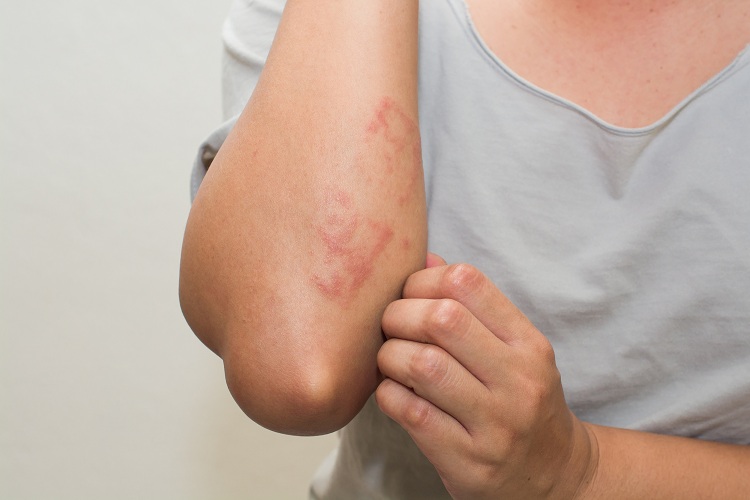News& Information
-
Medical Trends
 Home -> News& Information -> Medical Trends
Home -> News& Information -> Medical Trends
Allergy
Medication
Nie Mengxue, Pharmacy of Beijing International Medical Center
It’s the middle of April. In addition to the blooming flowers, it’s also willow catkin pollen season. With the increasing outdoor activities, the allergy symptoms are becoming prominent. Many people suffer from allergy symptoms and need allergy medication. What are the drugs used to treat allergies?
First
you need to know what is allergic reaction. The symptoms of an allergic
reaction can vary from mild to severe. If you become exposed to an allergen for
the first time, your symptoms may be mild. These symptoms may get worse if you
repeatedly come into contact with the allergen. A severe and
sudden allergic reaction can develop within seconds after exposure to an allergen.
This type of reaction is known as anaphylaxis and results in life-threatening
symptoms. Allergy medication is used to prevent allergic symptoms caused by
various antigenic substances (such as bacteria, viruses, parasites, pollen,
etc.). Allergy medication can be divided into antihistamines, glucocorticoids,
immunosuppressants and other drugs.
Oral
medicine:
Antihistamines
are drugs that treat allergy symptoms by blocking the effects of histamines.
Antihistamines can be divided into first-generation, sedating antihistamines,
and second-generation, non-sedating antihistamines. There are several different
types. Your doctor can prescribe or recommend the most suitable for you.

For external
use:
In
addition to oral medication, allergic people can also use some external allergy
medicine. For allergic rash on skin, anti-inflammatory allergy medicine, such
as hormone ointment, can be used. Many people will worry about the side effects
of hormones in ointments. However, there is nothing to worry about if you
follow the doctor's orders. In addition, if the affected are is small, ice can
be applied to constrict the blood vessels to relieve itching.

Pollen allergy:
Pollen allergy is mainly manifested as allergic rhinitis or allergic
asthma. Patients can be treated with nasal spray, including antihistamines,
mometasone furoate, fluticasone, budesonide and other local hormone medication.
It can also be treated by oral antihistamines; some patients can also be
treated by oral montelukast for symptoms such as nasal congestion and slight
cough.

If the symptoms are severe or lasting for a long time, and if the
patients refuse to use hormone nasal spray or inhaled hormone, allergy can be
treated by allergy immunotherapy.




